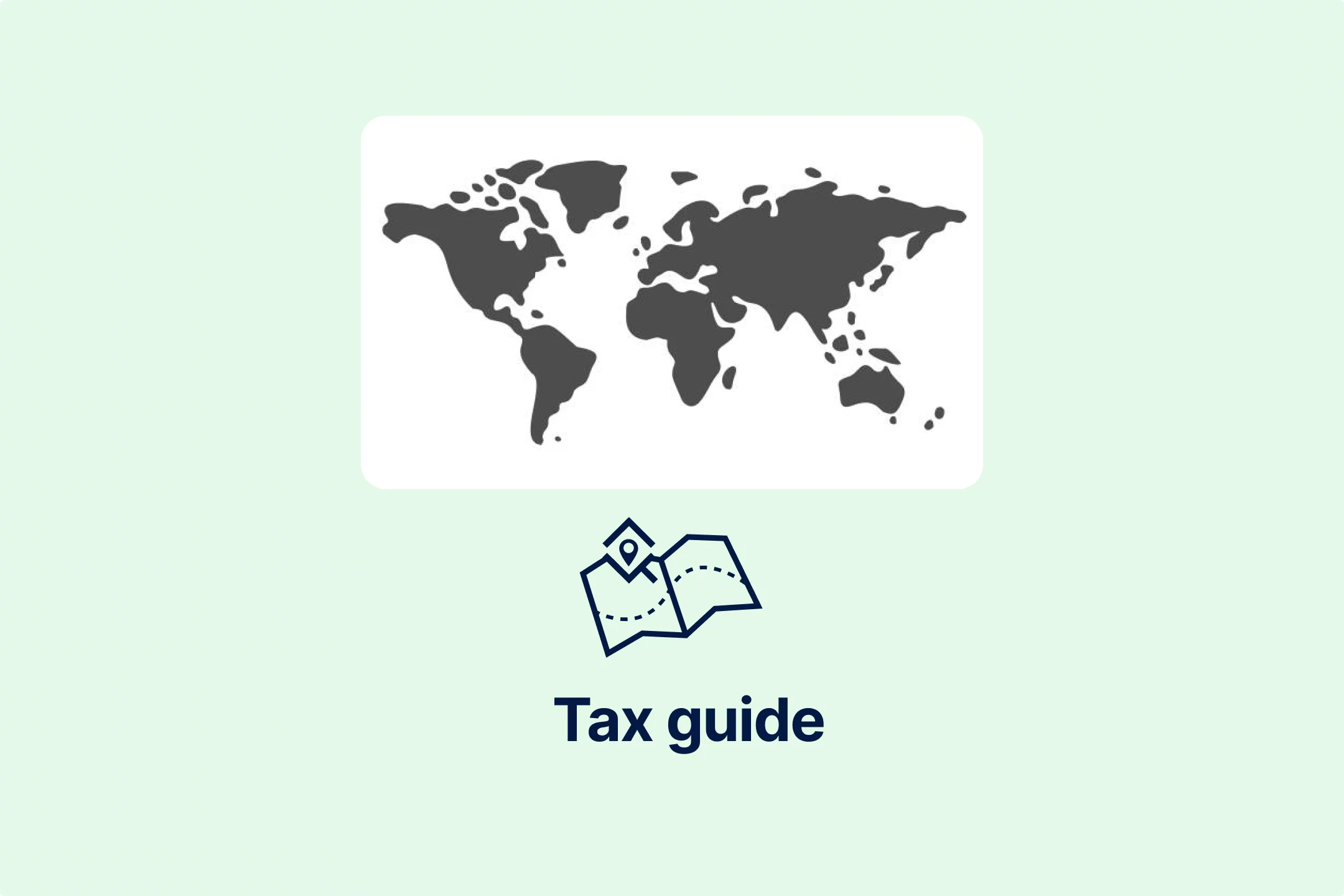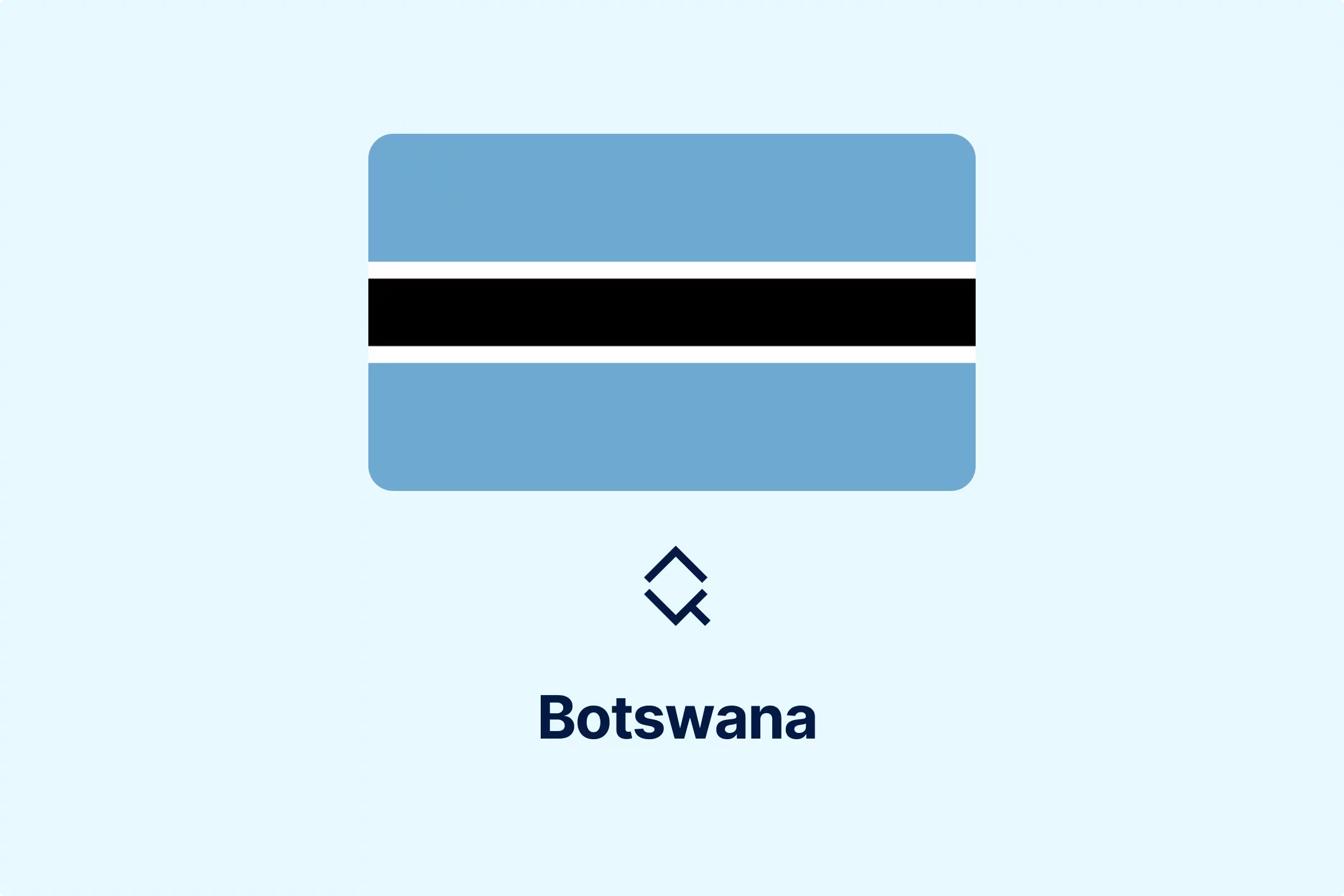Botswana VAT on Remote Services Starts Sept 2025

Introduction
Botswana is set to join the growing list of African nations implementing Value Added Tax (VAT) on digital and remote services supplied by non-resident businesses to local consumers.This move, announced in the 2025/2026 Budget Speech and scheduled for implementation on September 1, 2025, marks a significant shift in the country's tax landscape. Botswana, traditionally known for its reliance on diamond revenues, has in recent years intensified efforts to diversify its fiscal base.
This new regime is designed to level the playing field between local and foreign businesses and to capture a share of the expanding digital economy.Here’s a detailed breakdown of what suppliers of remote services need to know to ensure compliance.
Legal Framework
Botswana’s Value Added Tax is governed by the Value Added Tax Act, 2001 (Cap. 50:03), which imposes VAT at a standard rate of 14%. Amendments to the VAT Act and subsequent guidance from the Botswana Unified Revenue Service (BURS) have clarified the treatment of digital and electronic services supplied from abroad.
The VAT Act defines “electronic services” broadly to include services supplied over the internet or through other electronic networks, where the supply is automated and requires minimal human intervention. This definition aligns Botswana with global VAT trends in addressing the taxation of cross-border digital services such as streaming, cloud computing, online advertising, e-learning and app-based services.
What are Remote Services?
BURS has outlined a broad definition of remote services that are subject to the new VAT rules. This tax is specifically aimed at Business-to-Consumer (B2C) transactions where the service is supplied by a foreign company to a private individual in Botswana. The taxable services include, but are not limited to:
· Streaming Services: Music, film, and television subscriptions.
· Digital Content: E-books, e-journals and downloadable software.
· Online Gaming: Games, in-game purchases and online subscriptions.
· Advertising: Online advertising services targeted at consumers in Botswana.
· Cloud Computing: Data storage, hosting and software-as-a-service (SaaS) products.
Essentially, any service delivered remotely through an electronic network that does not require a physical presence in Botswana is likely to fall under this new tax.
Scope of Taxation
VAT applies to remote services supplied by:
Resident providers – Local companies offering digital or electronic services must charge VAT in the usual manner.
Non-resident providers – Foreign businesses supplying remote services to Botswana-based consumers are liable for VAT if the services are consumed in Botswana.
Key criteria for taxation include:
The place of consumption (where the customer resides or uses the service).
The nature of the service (automated and delivered electronically).
This ensures that digital services consumed by Batswana, regardless of the supplier’s location, fall within the VAT net.
Registration and Compliance
Non-resident suppliers of remote services must register for VAT in Botswana if their turnover exceeds the local registration threshold of BWP 1,000,000 (~USD 75,000). However, even where the threshold is not exceeded, voluntary registration is permitted.
Online VAT registration and electronic payments are not yet available through BURS. This is subject to change after the implementation date of 1st of September 2025.
Practical Compliance Steps for Foreign Suppliers
Determine Taxability
Assess whether your services qualify as “electronic services” under the VAT Act.
Confirm that your customers are located in Botswana (e.g., through billing address, IP address, or payment details).
VAT Registration
· Apply for VAT registration with BURS.
· Non-residents can appoint a local VAT representative to act as a contact point with BURS.
· Once approved, BURS will issue a VAT registration certificate with a Botswana VAT number.
Charging VAT
· From the effective date of registration, charge 14% VAT on B2C supplies.
· Issue compliant VAT invoices showing the Botswana VAT number, VAT charged, and total payable in Pula.
Filing VAT Returns
· VAT returns are due 25 days after each tax period. Should include all taxable supplies made to Botswana consumers in the reporting period.
Payment of VAT
· VAT must be remitted in Botswana Pula (BWP).
· Payment can be made via bank transfer into BURS’ designated accounts. Foreign suppliers without local banking facilities may rely on their tax representatives for settlement.
Record-Keeping
· Maintain proper records of Botswana-related transactions for at least seven years, as required by the VAT Act.
· Records should include invoices, proof of customer location, and bank/payment confirmations.
B2B Services (Reverse Charge)
· If services are supplied to VAT-registered businesses in Botswana, the recipient may apply the reverse charge mechanism, meaning the non-resident supplier does not need to charge VAT.
· To rely on this, obtain and verify the customer’s Botswana VAT number.
Regional Context
Botswana’s VAT approach mirrors broader Southern African trends. South Africa, Namibia, and Zimbabwe have already expanded VAT to digital services, with more established non-resident registration systems. Botswana is moving cautiously but is expected to tighten compliance and enforcement as digital consumption grows domestically.
Conclusion
The introduction of VAT on remote services is not an isolated event but part of a broader, aggressive tax modernization effort by the Botswana government.Although the legal foundation is now set, the country still faces practical challenges in managing and enforcing these new regulations. As Botswana continues to diversify its economy away from diamonds, taxing remote services will become increasingly important for boosting its financial stability and aligning with global tax standards.
BURS has also been advancing a multi-year plan to implement a mandatory electronic invoicing system, with a full national rollout scheduled by March 2026.This e-invoicing initiative, following a Continuous Transaction Control (CTC) model, is a further step to digitize the economy, enhance compliance, and improve real-time visibility into transactions.
The combined effect of these changes is a clear signal that Botswana is committed to aligning its tax framework with global digital standards. This move is intended to create a fair and transparent tax environment while securing revenue streams from the rapidly growing digital economy.
Source: BURS

More News from Botswana
Get real-time updates and developments from around the world, keeping you informed and prepared.
-e9lcpxl5nq.webp)






